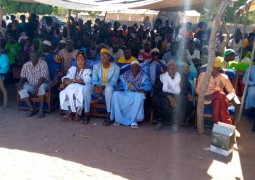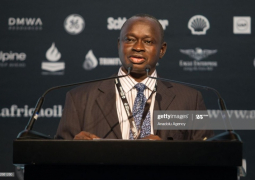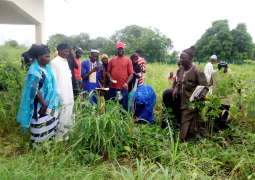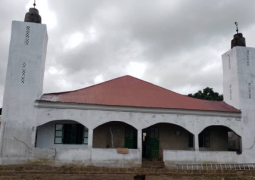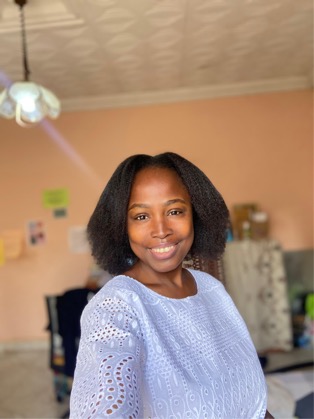
It is a general occurrence that, people often encounter challenges that test their resilience. For people living with Sickle Cell Disease (SCD), these challenges are ever-present.
In an interview with The Point, Marina Thorpe, the 30-year-old SCD patient, explained that Sickle Cell is more than just a medical condition; it is a constant physical and emotional battle.
The genetic disorder, which affects hemoglobin in red blood cells, leads to severe pain episodes, infections, and life-threatening complications.
"I have lived with Sickle Cell Disease for as long as I can remember. In 2022, I almost lost my life when my hemoglobin dropped to 2.6. I was diagnosed with acute chest syndrome and pneumonia, and I had to be put on CPAP to help me breathe."
Marina’s story is one of resilience and it was one of the scariest moments of her life, but she thanked God every day that she survived.
Despite these hardships, she is ever passionate about raising awareness for SCD. "I want to educate others on the realities of living with this condition, from the misconceptions about pain management to the mental and emotional burdens," she said.
Her advocacy connects her with fellow "warriors" battling the disease across The Gambia and beyond. "By sharing my experiences, I hope to create more understanding and compassion for those living with SCD."
During Sickle Cell Awareness Month in September, Marina noticed a lack of awareness in The Gambia and she began raising awareness on social media, participated in webinars, and spoke on several radio programs.
"It was encouraging to see the public interest this generated," she recalled. However, her biggest concern remains the lack of healthcare access for those living with SCD in rural areas.
"Many children and youths battling this disease do not have the means to access regular healthcare or the necessary medications."
The healthcare system in The Gambia has seen some improvements for SCD patients, including a dedicated clinic at EFSTH in Banjul.
"Patients can attend regular appointments and receive medications like hydroxyurea for free, but when it goes out of stock, it becomes a challenge for many to afford it in private pharmacies," she noted.
However, one of Marina’s key messages is the importance of knowing one’s genotype.
"I’ve seen a growing interest among young people who want to understand their genotype," she shared, stressing that informed decisions can help reduce the number of SCD births. "SCD is a chronic condition, but it doesn’t stop us from achieving what we set our minds to."
Turning 30 was a significant milestone for Marina, as she recollects while growing up, she constantly heard that people with SCD might not live beyond 30.
"But I am so grateful to God for making it this far," she reflected. Marina is now advocating for better education about SCD in schools to reduce stigma and foster understanding from a young age.
Marina’s story is not unique; it echoes the experiences of countless individuals living with SCD. "We are warriors," she said, "and we will continue to fight for better healthcare, more awareness, and a future where no one has to suffer in silence."
A Gambian of Aku descent, Marina is currently completing her diploma in Social Work and works as a program assistant at the Paradise Foundation Initiative, an NGO that empowers young women and girls and combats gender-based violence in The Gambia.
Her fight for awareness and support for Sickle Cell patients is just one of many battles she bravely faces.


